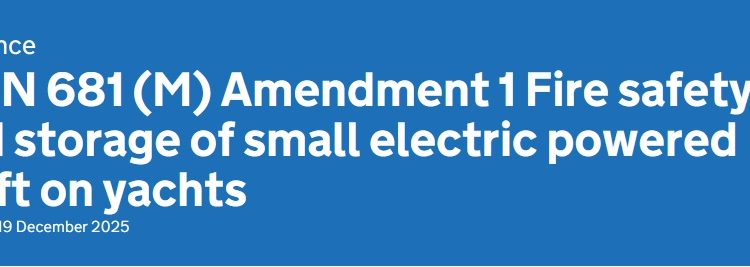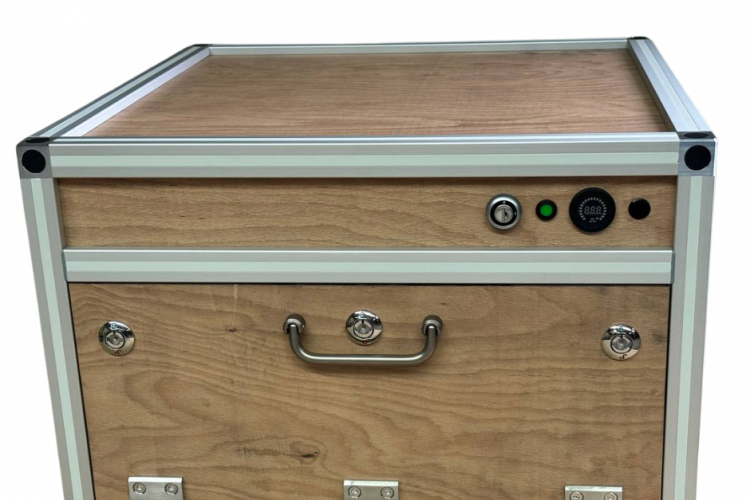
Insurance and Lithium Battery Fires: Why Compliance Matters
Lithium-ion batteries are now ubiquitous aboard yachts, tenders, and recreational watercraft. However, their risk profile, thermal runaway, toxic gas release, and vapor cloud explosions (VCEs) is forcing the marine insurance sector to rethink underwriting practices. Why compliance matters : Fires linked to lithium storage and charging are now a top cause of yacht claims (avsax.com).
Insurance: Coverage Under Scrutiny
While traditional yacht policies generally cover fire, underwriters increasingly apply exclusions or surcharges for vessels carrying large banks of lithium batteries without certified containment. A recent Joint Hull Committee (JHC) circular emphasised that insurers expect vessels to demonstrate compliance with UK MCA MGN 681 guidelines that define safe storage, ventilation, suppression, and monitoring for lithium systems. Non-compliance can jeopardise claims or make coverage unobtainable. (livault.com).
LiVAULT: Bridging Compliance and Insurability
LiVAULT’s engineered enclosures align with MGN 681 safety criteria and have been validated under Lloyd’s protocols. The RAMBSS Modular System integrates fireproof composite housings, toxic gas filtration, overpressure relief, and Wi-Fi enabled thermal monitoring providing insurers with tangible assurance of risk mitigation. For smaller craft and tenders, the RACLAN SQUARE Box delivers explosion-proof construction, integrated suppression, and TÜV-certified safety testing. (livault.com).
Why This Matters to Owners and Insurers
Consider a high-profile 2023 yacht fire traced to an uncontained e-foil battery. The vessel suffered millions in damages, and insurers are now pressing owners to prove safe battery handling. Certified systems like LiVAULT’s not only protect crew and vessel but also preserve insurability under evolving JHC guidance.
Conclusion: Marine insurers are tightening requirements in line with MGN 681. Owners adopting certified containment solutions like LiVAULT’s RAMBSS and RACLAN systems not only reduce onboard hazards but also future-proof their insurance coverage in an era of rising lithium-related claims.


